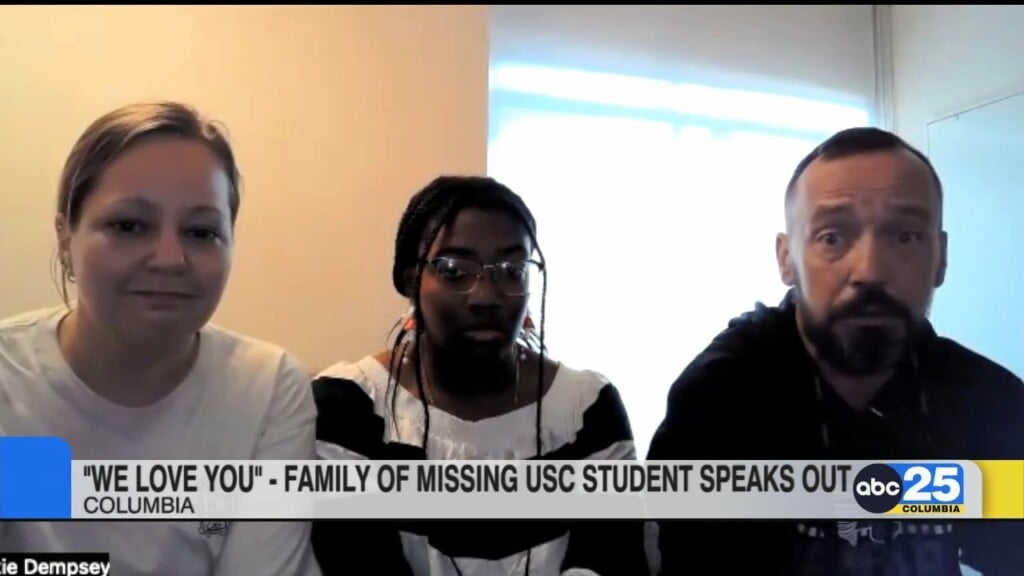Pediatricians offers tips on when it’s safe to leave your child home alone

(Photo: Prisma Health Children’s Hospital- Midlands)
(Courtesy: Prisma Health Children's Hospital- Midlands) Free flu shots for 2019 season.
Columbia, SC (WOLO) — With the summer in full swing and students spending a good portion of their days home, some parents who still have to go to work, may be wondering if it’s okay to leave your children home alone.
Prisma Health Children’s Hospital, says they know this is a challenging decision for parents, and the answer really varies depending on each child.
Dr. Deborah Greenhouse, a pediatrician with Palmetto Pediatric and Adolescent Clinic says children under the age of 10 years old should never be left home alone, not even for a short period of time.However, Dr. Greenhouse says around the age of 10 years old, a child who is responsible can be trusted to stay home for anywhere between 30 minutes, to an hour as long as they have a way to communicate with their parent or guardian.
“The decision to leave your child at home alone, even for a brief period, should be based on common sense. You need to establish a very well-defined set of ground rules.”
Greenhouse suggests parents do some role playing with their children, to get a better idea of how they’ll react if and when certain unforseen circumstances arise.
According to Safe Kids Worldwide more than 3 million children 14 years old and under get hurt at home every year and more than 2,000 die from unintentional injuries inside the home.
While evaluating your childs readiness here are a few things Dr. Greenhouse suggests you keep in mind.
- Is your child comfortable with the idea of being home alone? If not, your child is not ready to be left alone.
- Does your child understand basic safety issues?
- Does your child know how to handle an emergency?
- Does your child know basic first aid and where supplies are stored?
- What would your child do if he spotted a stranger in the yard?
- What would he do if someone knocked at the door?
- What would he do if there was a fire?
- What would he say to a caller who asked for you?
- What would he do if he were locked out of the house?
- What would he do if there was a power outage or a warning about serious weather?
- Does your child know how to operate your home’s security system?
- Will your child be responsible for younger siblings?
- What will your child do if he or a sibling gets sick or injured?
- Is there a trusted relative or neighbor nearby?
- Does your child have the ability to contact you while you are away?
- Can your child get himself a sandwich or a snack if necessary?
- Are there firearms in the home and are they kept safely stored in a locked storage area with the ammunition locked in a different location?
Once you have mastered that, Greenhouse says you need to establish ground rules you know your growing child will follow including:
- Never let anyone in the house when a parent is not home.
- Keep the doors locked and do not leave the house.
- Never tell a caller that no one else is home.
- Do not use the stove or the microwave when home alone.
- In a house with a pool, no one goes near the pool unless an adult is present.
- Guidelines for computer, television and video game use.
It’s also a good idea to post emergency numbers for neighbors, relatives, doctors and the poison control hotline (Palmetto Poison Center, 800-222-1222) so children have access to them should they them.
Health officials say you know your child’s maturity level, strengths and capabilities better than anyone else. Deciding on whetheror not to leave your child home alone takes careful consideration and preparation.
Talk with your pediatrician about your child’s age and readiness, and then start with small increments of time.

